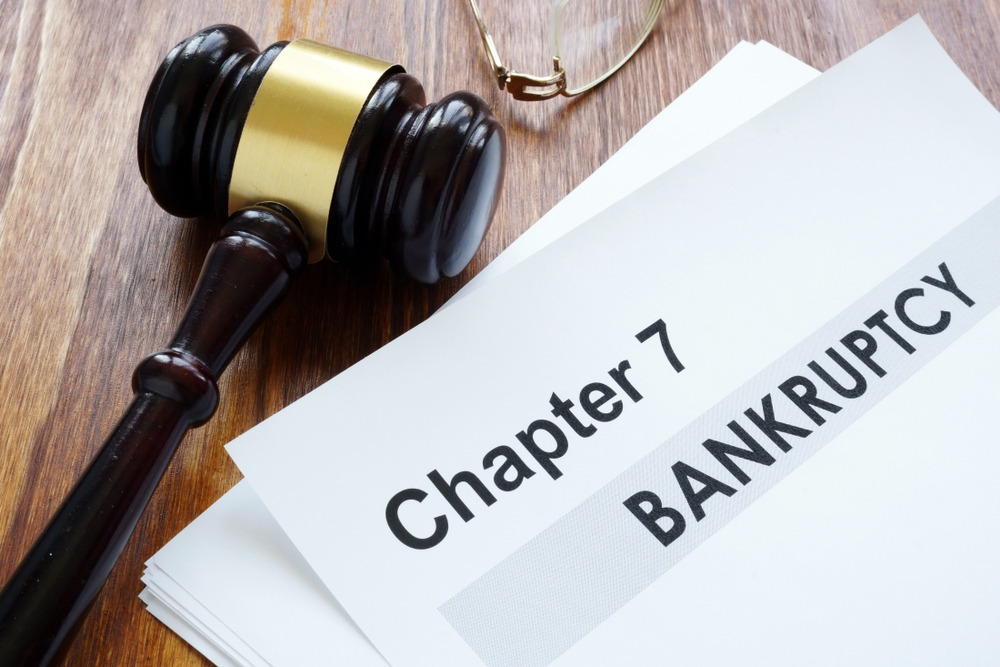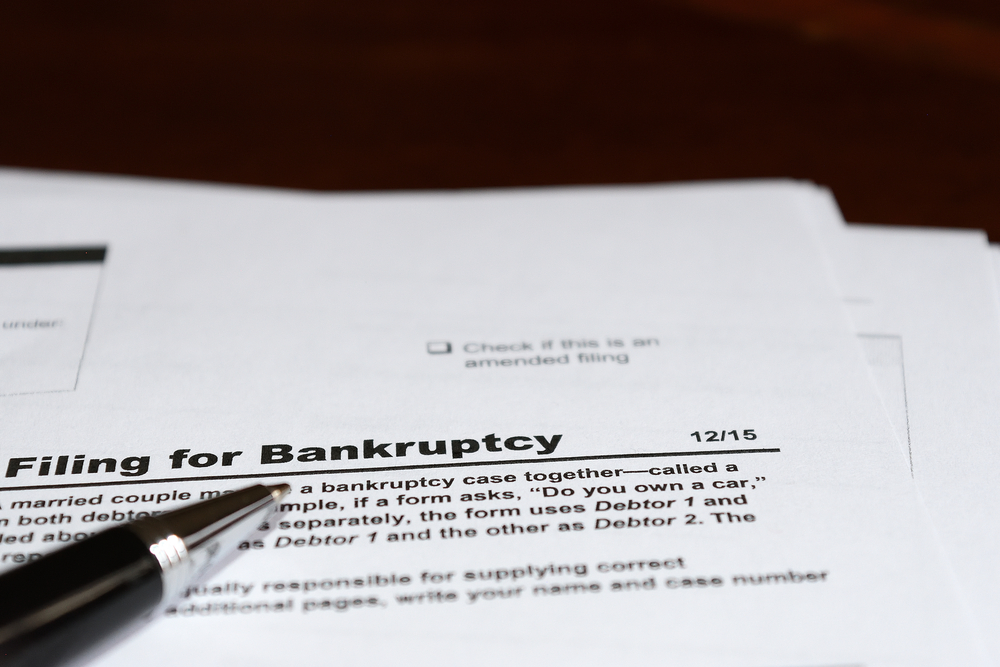Chapter 7 Bankruptcy Do’s and Don’ts
Published 09/25/20 by Admin

If you live in Ohio and you need a Cincinnati bankruptcy lawyer to help you with a bankruptcy filing, then Barr Jones and Associates can help you. If you’re unsure about filing bankruptcy or the steps that are involved, then the following information may help.
What Is Chapter 7 Bankruptcy?
A Chapter 7 bankruptcy liquidates many unsecured debts and may be appropriate for those who are deeply in debt and unable to afford their monthly payments. It should be used as a last resort after all other options have failed. Filing Chapter 7 will adversely impact your credit rating for several years and you may lose some of your possessions. However, for those who have massive amounts of debt that they are unable to repay, it may be a viable option.
What’s The Chapter 7 Bankruptcy Procedure?
Filing
When you elect to file Chapter 7 bankruptcy, you’ll be assigned a trustee who will oversee the case. You’ll need to make a list of all your assets to give to the trustee and as soon as you file, the court will place a hold on your debts. This prohibits your creditors from foreclosing on your home, repossessing your property, evicting you, or turning off your utilities. At this point, your possessions become the property of the court and may be sold in order to pay some or all of your debt. You’re allowed to keep some types of assets, such as a vehicle or your home, but the allowable asset list will vary by state.
Meeting of Creditors
The trustee will hold a meeting of creditors, which you may be required to attend, and you’ll be asked questions about your Chapter 7 case. Many of those who file for Chapter 7 have no assets to distribute that don’t already have a lien against them.
Discharge of Debts
The entire process will take about four to six months from the filing date. At the end of the process, any debts that haven’t been satisfied will be discharged.
Non-Dischargeable Debts
Not all debts can be discharged in a bankruptcy filing, such as:
- Alimony
- Child support
- Court fees
- Most tax debts
- Student loans
Your bankruptcy lawyer Columbus Ohio can advise you which of your debts are dischargeable through a Chapter 7 filing.
Are There Do’s And Don’ts Of A Chapter 7 Bankruptcy Filing?

Filing bankruptcy can be an intimidating and embarrassing process, but there are some caveats that will make the process go more smoothly for you.
Do Be Completely Honest
Don’t lie or misrepresent any information to your trustee or your bankruptcy lawyer in Columbus OH. All of your debts need to be included, but don’t inflate them to more than they are.
Do Include All Creditors
It’s imperative to include all of your creditors. If not included in the filing, then they can continue to harass you and try to collect the amount that they’re owed.
Do Continue Some Payments
The mortgage on your home, your car payment, and payments on property that you plan to keep should be kept current. You may not receive a statement from the lender, but you need to make timely payments anyway.
Do Ask Questions
If you have a question, be sure to ask. If you don’t understand, then it’s not a stupid question.
Don’t Continue Payments to Listed Creditors
If you’ve listed a creditor in your Chapter 7 bankruptcy filing, don’t continue to make payments to them. Refer them to your attorney at Barr Jones and Associates and don’t pay off any creditor before you file.
Don’t Dispose of Property
Don’t give away property to family or friends before you file. This reflects poorly on your motives and may be illegal, so be sure to discuss it with your Cincinnati bankruptcy lawyer first.
The Best Bankruptcy Attorney Cleveland OH
If you’re filing Chapter 7 bankruptcy in Ohio, then you’ll need the best bankruptcy attorney in Cleveland OH. Call our office at 1 (844) 227-7566 for a free phone consultation. We’re among the best bankruptcy lawyers Cincinnati has to offer and we also have offices in Cleveland and Columbus.
